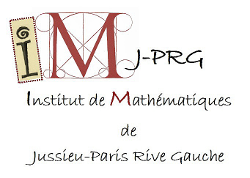| Résume | A subset Λ of a discrete group G is called “completely Sidon” (or “operator Sidon”) if any bounded function f : Λ → B(H) extends to a c.b. map f : C∗(G) → B(H). Equivalently, the closed span of Λ in C∗(G), denoted by C_Λ, is completely isomorphic to the operator space version of the space l_1 (i.e. l_1 equipped with its maximal operator space structure). The typical example is a free set. Only non-amenable groups can contain infinite completely Sidon sets. Such sets have been previously considered by Boz ̇ejko. We generalize to this context Drury’s classical theorem: completely Sidon sets are stable under finite unions. We also obtain the operator valued analogue of the “Fatou-Zygmund property”: any bounded f : Λ → B(H) on an asymmetric completely Sidon set extends to a (completely) positive definite function on G. We give a completely isomorphic characterization of completely Sidon sets: Λ is completely Sidon iff the operator space C_Λ is completely isomorphic (by an arbitrary isomorphism) to l_1(Λ). This is the operator space version of a result of Varopoulos for classical Sidon sets. We will also discuss the systems of non-commutative random variables that are “dominated by free-Gaussians”, in analogy with the classical subGaussian systems.
|

